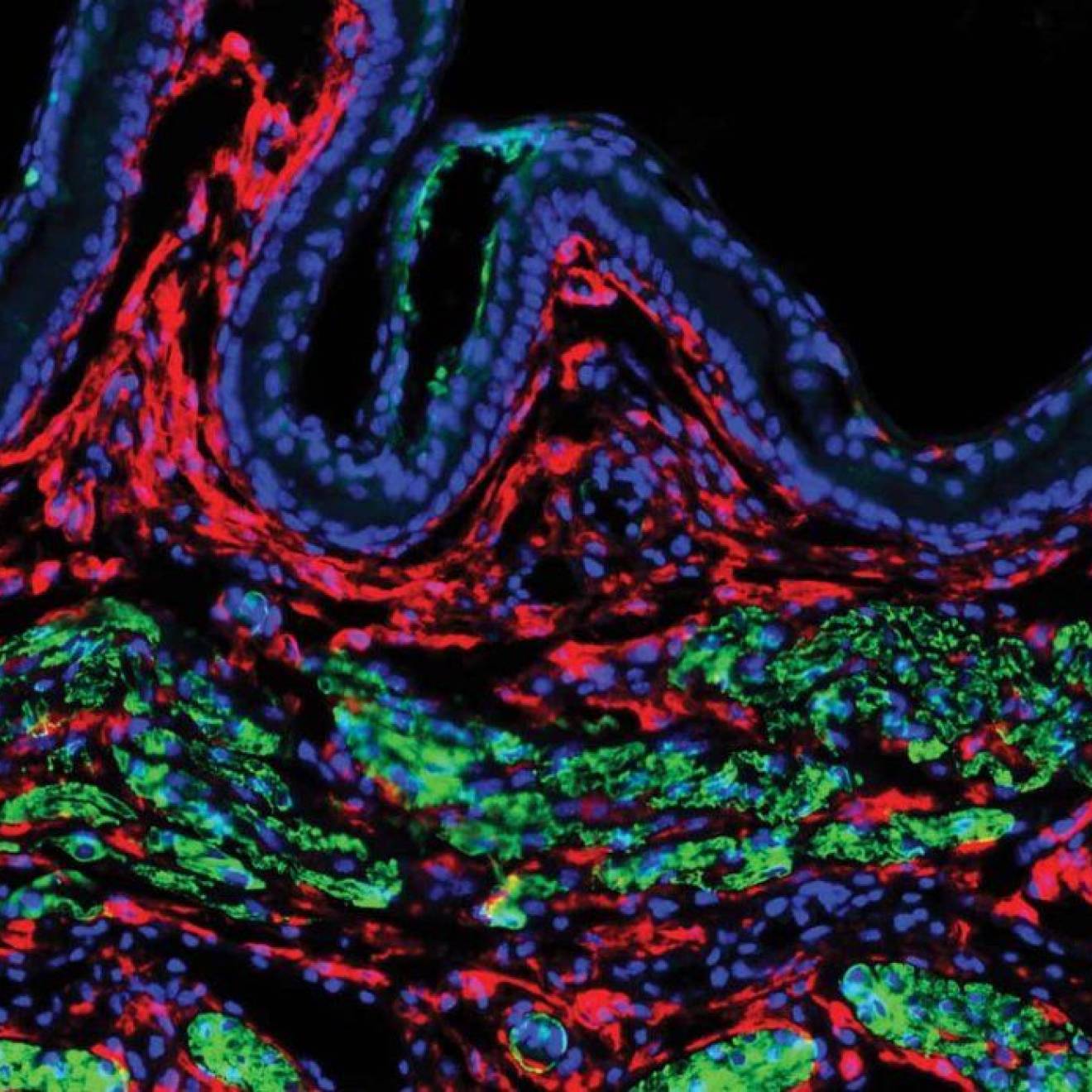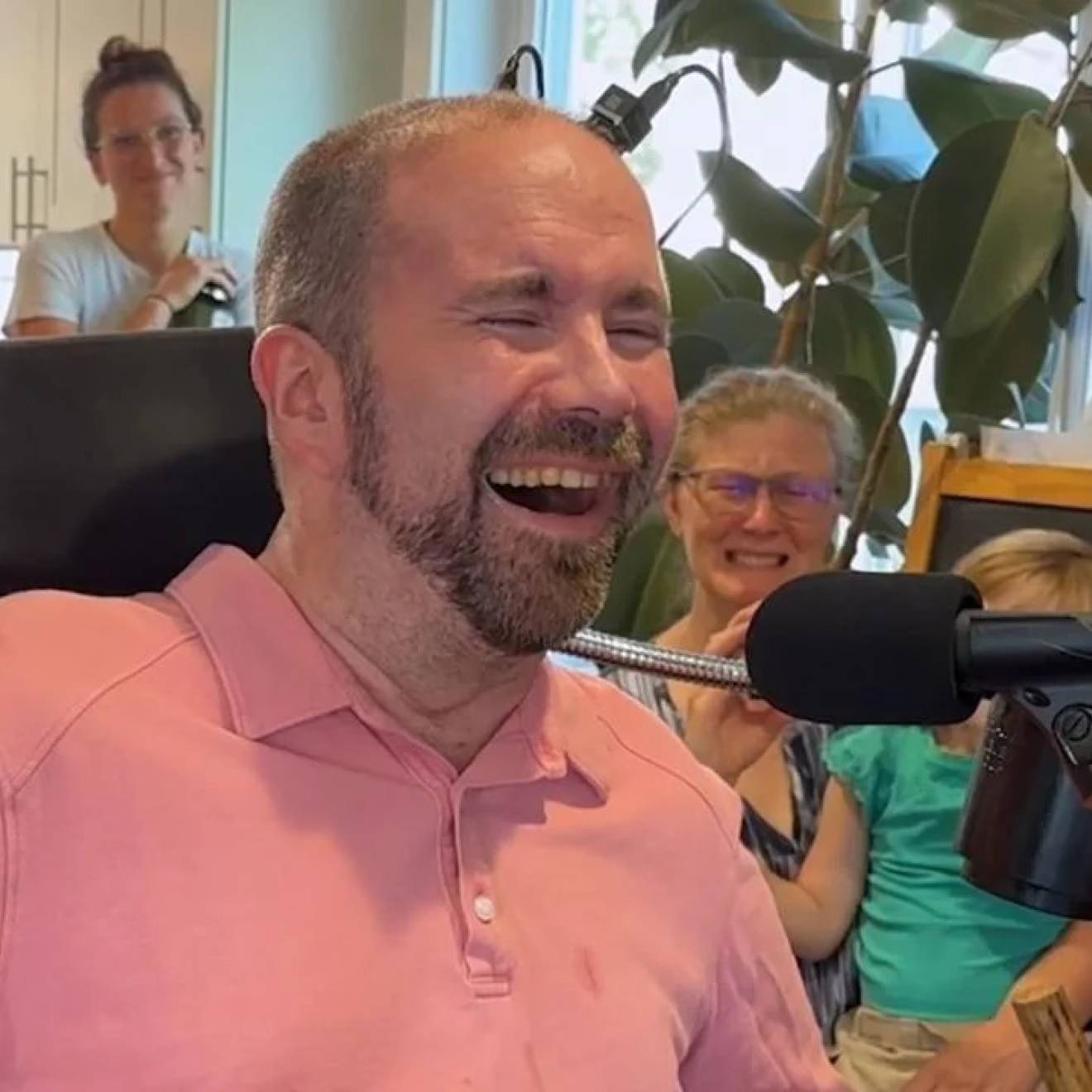Kristin Luciani, UC San Diego

Last summer, Daril Brown and Nailah Seale arrived on UC San Diego’s campus for the first time as visiting undergraduates from Howard University. They spent eight weeks immersed in bioengineering research alongside UC San Diego faculty and graduate students, while learning strategies for applying to graduate school.
Now, both Brown and Seale will return to the La Jolla campus in the fall to pursue their doctoral degrees, thanks in part to the mentorship they received that summer. In addition, each has been awarded a prestigious Graduate Research Fellowship from the National Science Foundation (NSF) to support their studies.
Brown and Seale were among eight undergraduates who participated in the first cohort of the UC San Diego Howard Partnership for Graduate Student Success, a summer research experience designed to prepare students to pursue doctoral degrees, particularly in the fields of science and engineering. The program is supported through the University of California-Historically Black Colleges and Universities (UC-HBCU) Initiative. UC-HBCU seeks to improve the representation of African Americans in UC graduate programs by investing in partnerships between UC faculty and Historically Black Colleges and Universities (HBCUs).
A perfect match
Brown has had his sights set on bioengineering since middle school. His grandfather was a paraplegic, a fact he says helped spark his interest in how the brain works. Brown participated in a variety of research experiences throughout his undergraduate career, but it was at UC San Diego that he found his research match.
“I was like a kid in a candy factory,” said Brown. “I’ve always been interested in brain/machine interfaces, and getting to work with a professor who specializes in that research was awesome. I called my parents everyday telling them how much I loved it.”
Brown spent the summer working in the lab of bioengineering professor Todd Coleman, who specializes in bioelectronics, machine learning, information theory and neuroscience. He worked alongside graduate students and got a feel for what doing research and being a doctoral student at UC San Diego would be like.
“Todd Coleman is an awesome mentor,” said Brown. “He would take us to lunch and check in with us on how the program was going, how we were doing both professionally and personally.” That mentoring relationship continued when Brown returned to Howard. “He was the main reason I decided on San Diego. I wanted to work in his lab.”
Strategies for success
In addition to research, the summer program included Graduate Record Examinations (GRE) preparatory classes and strategies for completing admissions applications and the NSF fellowship application.
Like Brown, Seale knew early on that she wanted to pursue graduate studies in bioengineering. As a high school senior with an affinity for biology, chemistry and math, Seale stumbled across a Forbes article about bioengineering that inspired her to learn more about the field. While at Howard, she spent her summers doing research internships at different institutions, experiences that solidified her goal of achieving a Ph.D. At UC San Diego, Seale found the program that matched her ambitions.
“I really liked the atmosphere and most importantly the research,” she said. “It was a place where I could envision myself.”
Seale is interested in tissue engineering and regenerative medicine. During the summer program at UC San Diego, she worked with Pedro Cabrales, associate professor of bioengineering, who heads the functional cardiovascular engineering laboratory. Cabrales talked with Seale about her goals and offered advice and direction to help her achieve them.
“Last summer, I had an amazing and passionate mentor, Dr. Cabrales, who I felt genuinely had my best interest at heart regardless of which decision I was going to make,” said Seale. “I know that the road to receiving my Ph.D. will not be easy, but I think that having the support system that I found at UC San Diego will definitely play a pivotal role in getting me through it.”
The UC San Diego Howard Partnership for Graduate Student Success was established in 2012 with a grant from the University of California Office of the President as part of the UC-HBCU Initiative. The principal investigator on the grant is Garrison Cottrell, a professor in the department of computer science and engineering; co-principal investigator is Gentry Patrick in the Division of Biological Sciences.
The UC San Diego Howard Partnership is facilitated by the Office of Graduate Studies and leverages the campus’s existing Summer Training Academy for Research in the Sciences (STARS) to provide an eight-week mentored research experience for up to 10 Howard University undergraduates. After the summer, faculty and graduate student mentors continue to engage with the Howard students through Skype and other online tools.
In addition to studying bioengineering at UC San Diego, Brown and Seale hope to inspire future generations of undergraduates to pursue graduate education in science and engineering.
“I understand how important this program is,” said Brown, referring to the UC San Diego Howard Partnership. “I want to help maintain and improve it. I’m really looking forward to giving back.”

